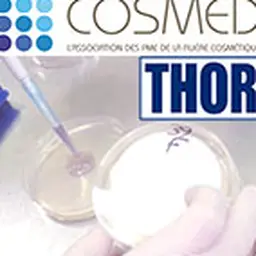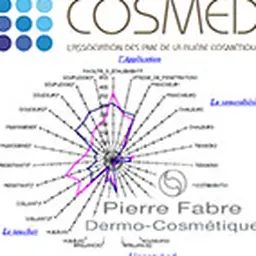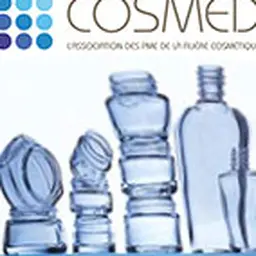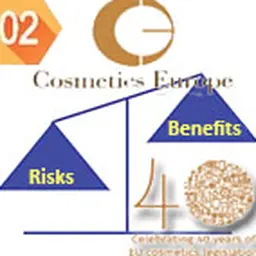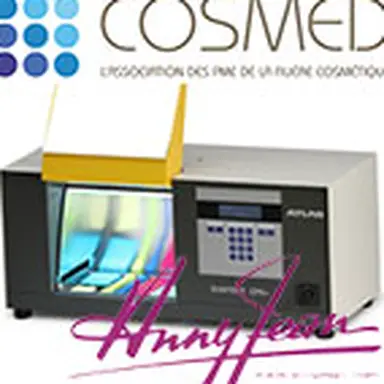
Everyone likes the sun… although its rays, which are often so pleasant, can have quite deleterious effects on cosmetic products: colour, smell and stability may vary, and not necessarily the way we would like them to. Myriam Brager, R&D Manager at Anny Jean (custom filling and packing) came to the technological workshop organized by Cosmed last December 3 in Toulouse, France, to provide an update and a few solutions, so that the worst may be avoided.
Several types of light can be found in the solar spectrum: invisible light at the ends – ultraviolet and infrared rays – and visible light in the centre, such as UVC, UVB and UVA rays.
UVB (280 to 315 nm), UVA (315 to 380 nm) rays and visible light have mechanisms and particular effects which result from their energy difference:
• UVB rays are more energetic than UVA ones, which are more energetic than visible light,
• UVB rays cause more damage than UVA rays and visible light.
As for UVC rays (200 to 280 nm), they do not have much effect because they are blocked by the ozone layer.
As a reminder, the energy of a photon – elementary particle of light – is inversely proportional to the wavelength: the lower it is, the more energetic rays are.
Photo-induced degradation
The action of light rays can affect a cosmetic product on different levels, and with different components.
Colorants
Colorants contain coloured, light-absorbing bodies called chromophores. Their covalent, unsaturated groups (C=C, C=O, C=N, CºC, CºN, C=S, N=N…) are the ones responsible for absorption.
The colour perceived is based on the chemical bonds created by the chromophores and on the quantity of light absorbed …

